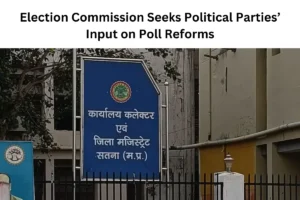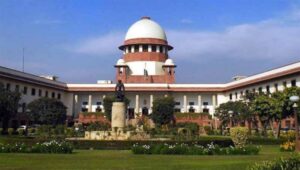
The Supreme Court will examine challenges to India’s Surrogacy Regulation Act and Assisted Reproductive Technology (Regulation) Act, 2021, on February 11. The petitions question several provisions, including the age limits for surrogate mothers and intended parents.
A bench of Justices B V Nagarathna and Satish Chandra Sharma heard the petitions and asked the Centre to submit written responses. Representing the government, Additional Solicitor General Aishwarya Bhati assured the court that the Centre would comply with all directives.
The court emphasized the need for an interim order to safeguard surrogate mothers from potential exploitation. It discussed setting up a database to prevent repeated surrogacy by the same woman. “A system must be there to ensure the same lady isn’t exploited,” the bench noted.
Age Limits Under the Law
The 2021 surrogacy laws mandate that:
- The intended mother must be between 23 and 50 years old.
- The intended father must be between 26 and 55 years old.
- The surrogate mother must be married, between 25 and 35 years old, and have a biological child.
- A woman can only act as a surrogate once in her lifetime.
The laws prohibit commercial surrogacy and only allow altruistic surrogacy, meaning surrogates cannot be paid beyond medical expenses and insurance.
Petitioners Raise Concerns
Petitioners argued that the laws are discriminatory and restrict reproductive rights. They highlighted:
- Unmarried women are excluded from surrogacy.
- Compensation mechanisms are inadequate for surrogate mothers.
Dr. Arun Muthuvel, a Chennai-based infertility specialist, filed a petition challenging the constitutional validity of the laws. His plea called the laws “discriminatory, exclusionary, and arbitrary” and argued that they deny agency and autonomy to individuals seeking surrogacy.
The court also discussed alternative ways to compensate surrogate mothers. The bench suggested a designated authority to handle payments instead of direct transactions between the couple and the surrogate. “The department pays. You will have to deposit,” the bench proposed.
Bhati noted that the government’s primary goal was to prevent exploitation and ensure surrogacy remains altruistic.
The Supreme Court will further examine these issues during the next hearing on February 11.
for more updates follow ANN MEDIA on facebook , X , Instagram and Linkedin







